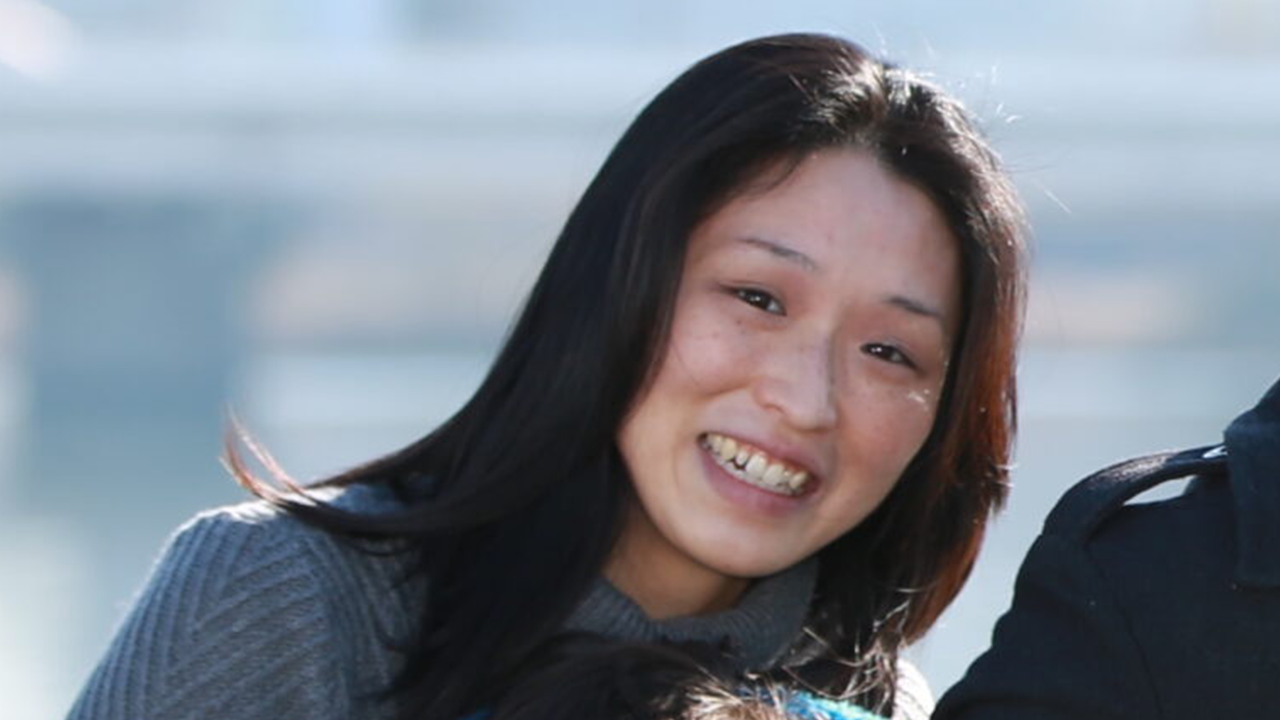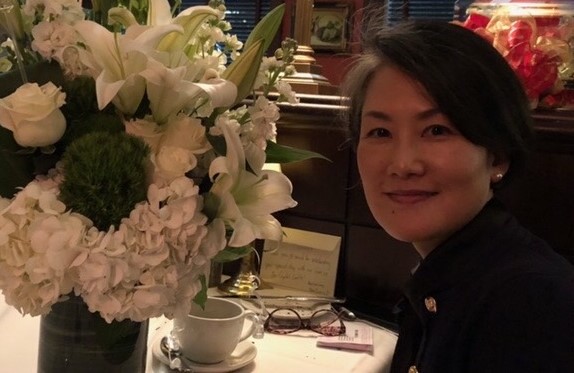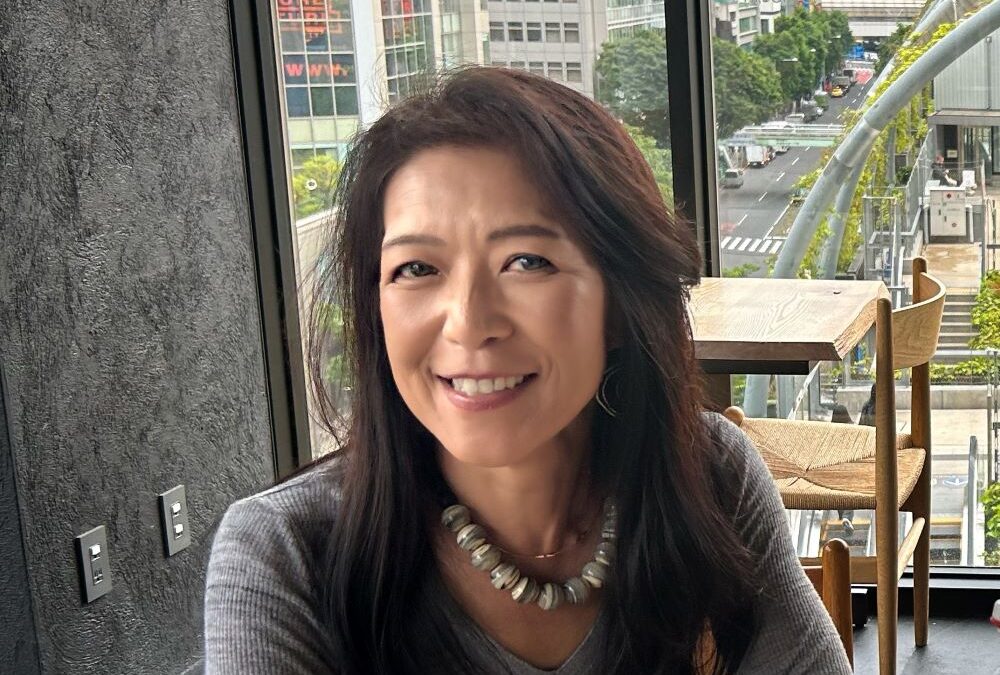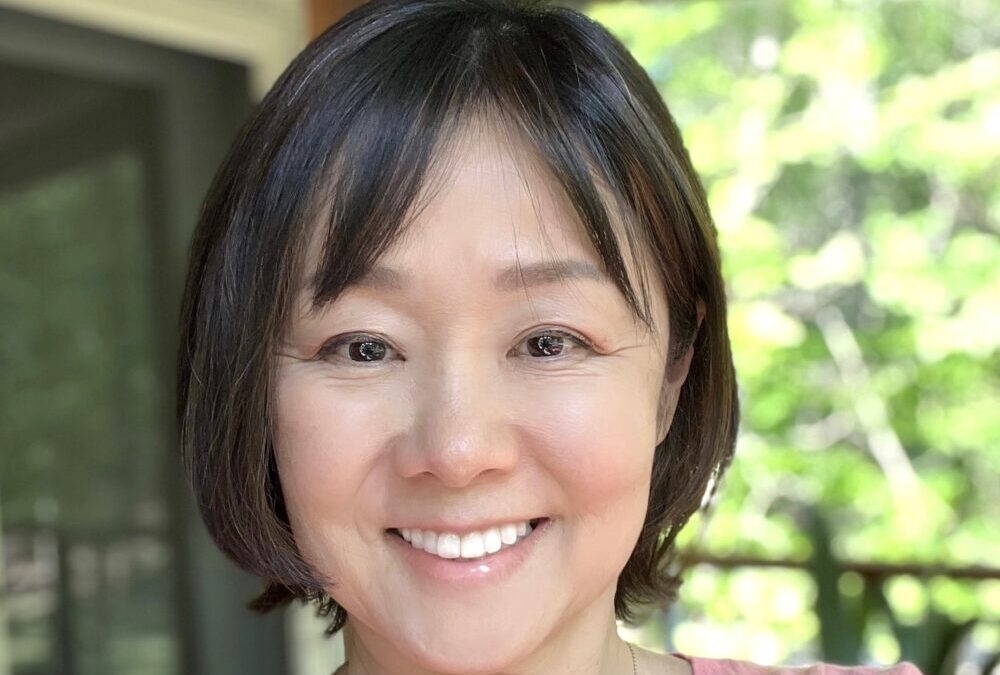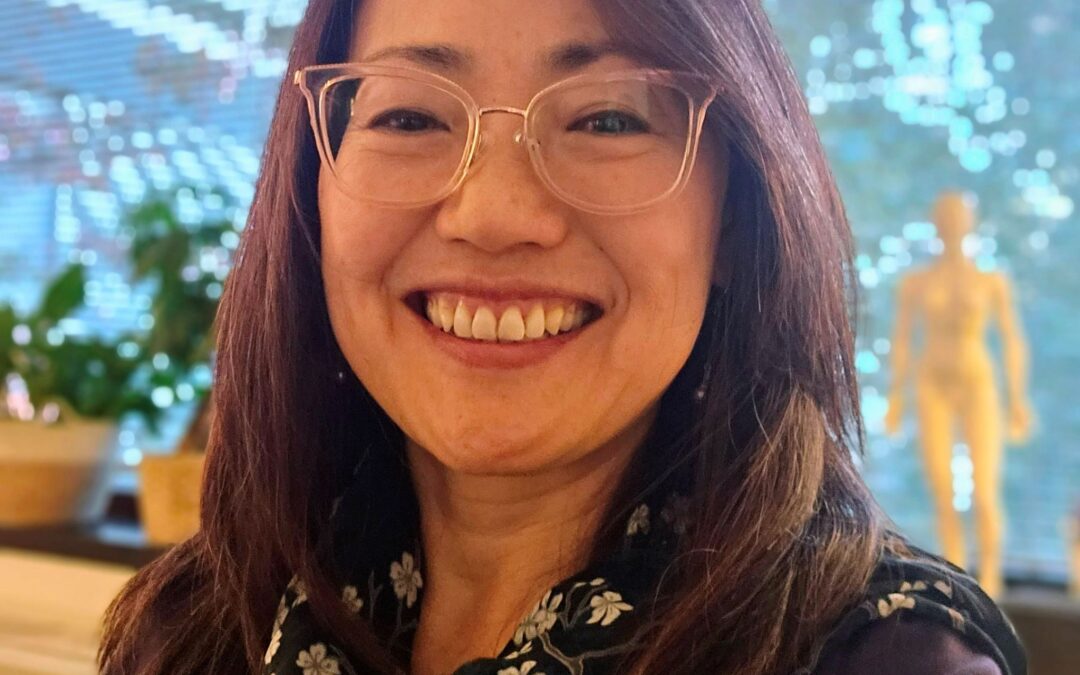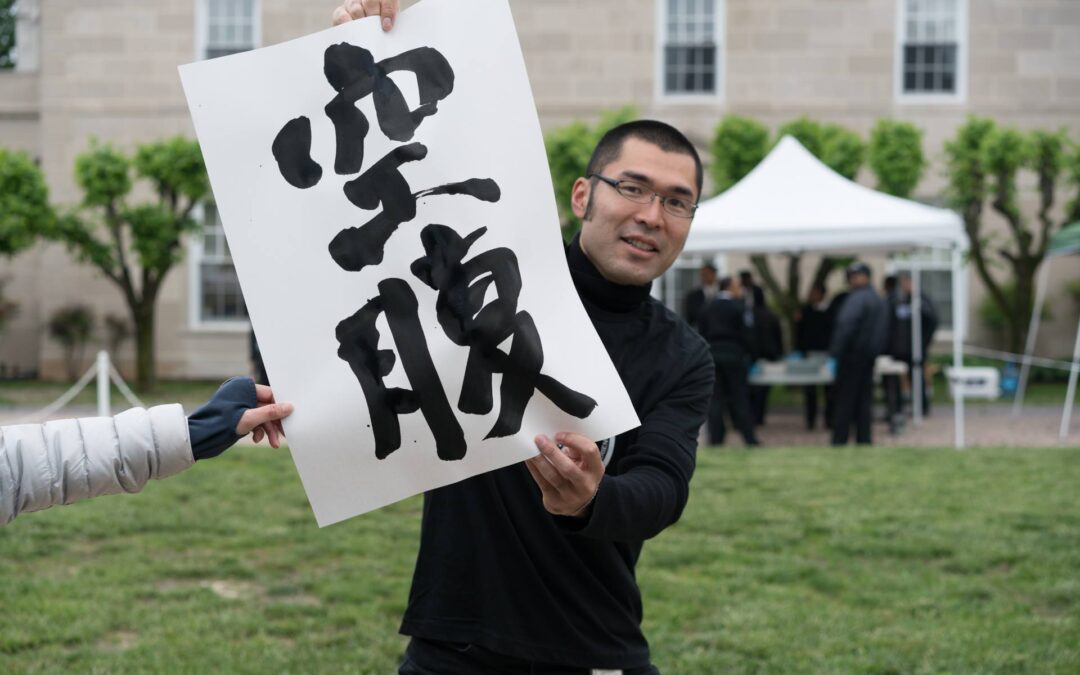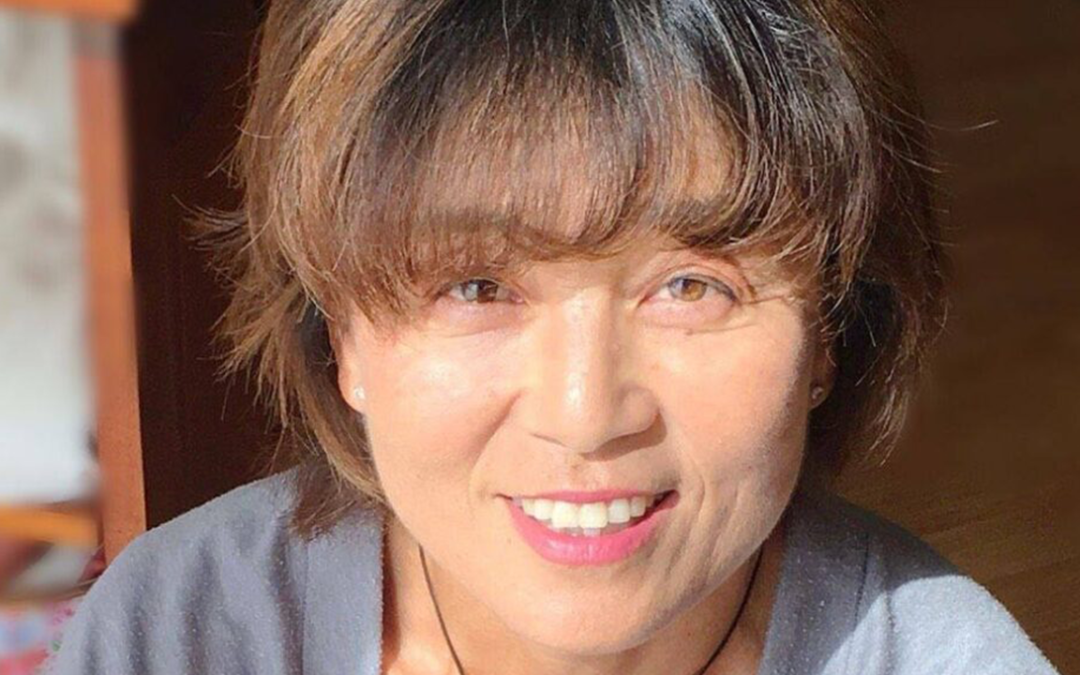We interviewed Akeha Hirabayashi, a transaction coordinator and positive discipline educator in Massachusetts.
1. Please tell us how you came to the U.S.
I am a returnee and lived in the U.S. as a child. Even when I was in Japan, I think I had in the back of my mind that I wanted to return to the U.S. someday. By chance, I met my American husband and after we married, we came to Boston, Massachusetts.
2. What is your current job, or what are you passionate about or love doing now?
There are two things I am working on right now.
One is helping real estate agents as a Transaction Coordinator. I assist the busy agents with their work, such as consolidating paperwork and preparing documents.
My other job is a Positive Discipline Educator. I myself have been helped by parenting workshops and books on child-rearing, so I wanted to be on the teaching side, so I started holding workshops as an educator.
3. How did you get started in this line of work?
When I first came to Boston I was working for a Japanese company, but after my child was born my life became centered around raising a child, which meant going to the office from morning to evening was no longer an option for me. However, I wanted to do something on my own and do something useful for others, so I got a real estate license while I was pregnant with my second child. I had no interest in real estate, but my husband, who loves real estate, got me certified. There was a time when I worked hard for real estate sales, but I began to feel that it wasn't right for me. Eventually I decided that, within the businesses surrounding real estate agent work, being a transaction coordinator would be right for me, so I started a business. It is still in its infancy, but my ambition is that if I can stabilize it, I can extend it to people who want to do work relating to child-rearing.
As for my work as a Positive Discipline Educator, I wanted to spread the knowledge that helped me raise my own children to others while continuing to live a life centered on raising children. I came across this job while looking for a certification related to parenting when I was housebound due to the covid pandemic. The two jobs seem to go in completely different directions, but I feel that they are ultimately connected in that I work for myself while still having time to spend with my children.
4. What do you enjoy about the job? What is difficult about the job?
In both jobs, I find joy in being able to help people. I also enjoy the fact that I can decide the content and value of the services I provide, and most importantly, I am happy that I can grow day by day through my work.
On the other hand, it is difficult because I must make all the decisions and it on me to attract customers. I feel that I am still in the process of learning how to do this.
5. Please tell us about any difficulties you had while living in the U.S. or experiences that made you want to go back to Japan.
It is not so common in Japan, but I feel that it is difficult to receive uniform services in the U.S. For example, when I need to ask for house repairs, I must wait for a certain amount of time. If I ask someone to repair my house, I think it takes effort to find someone I can trust, even in basic things such as showing up on time and doing what they said they would do. There are people with many ways of thinking, and that is one of the good things about the US, but it is difficult when you are on the receiving end of the service. That is why I am careful to communicate carefully and eliminate gaps in perception as much as possible. I have come to value the relationships I have with the people around me on a regular basis. The other thing is Japanese food; I miss Japanese food.
6. Are there any opportunities or experiences that made you feel that you have grown up after coming to the US?
There are many. The most important is that I am now able to honestly say what I think to others. When I was in Japan, if things didn't go well or people said something to me, I often doubted myself, wondering if I was wrong or if it was because I didn't follow the rules. But in the US, I think it is important to speak your mind. Communication, especially with my husband's family, was greatly affected by this. When I first got married, I was reserved and didn't speak my mind. But over the years I realized that if I was reserved, my opinions would be swept away. So I voiced my opinion; no one was offended, and they took me at my word, saying, "I see.” I think that experience was significant. Since then, I have tried to change little by little and can now express my own opinions.
7. What are your dreams and goals for the future?
I would like to master the business of transaction coordinating and share it with people who want to do business while focusing on child-rearing.
As for my activities as a Positive Discipline Educator, I would like to be able to hold workshops on a regular basis. Right now we are doing one-on-one workshops for clients on a regular basis, but group workshops are held less frequently. Our goal is to hold these group workshops once every two or three months.
8. What is your message to Japanese women who are in the U.S. and are feeling frustrated because they haven't found what they want to do?
I think it is good to cherish the time you spend not finding what you want to do. Maybe it can be a time when you don't have to find it, and I don't think there is any need to be in a hurry during this time when things are unclear. I think it would be a good idea to start from the point when something comes to you that makes you say, "This is what I want to do!”
I have tried many different things in my life, and I have had a lot of trouble with them. There are still times when I think, "that wasn't for me.” But in general, I believe that taking on challenges is not meaningless. Whether you like it or not failure is inevitable, but if it is something you like, even if you fail, you can keep moving forward and think about what to do next. I hope that more and more people will be able to find something they enjoy and spend their days with vigor and vitality!
★ Interviewer's note
When I spoke with Ms. Hirabayashi, I could strongly sense her desire to share her experiences and help others. It is not an easy task to become certified and take on new challenges while raising children in the US, but she is not afraid to use these experiences for her own sake. I think it is a wonderful idea that she is trying to use her experience not only for yourself, but also for others who want to balance work and child rearing. I look forward to your continued success.

